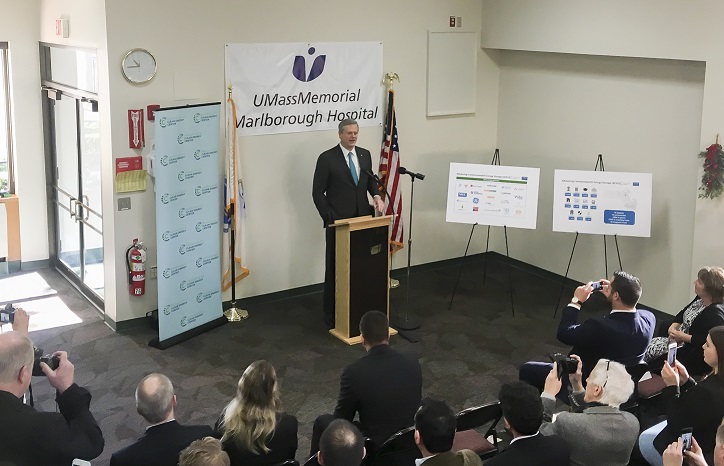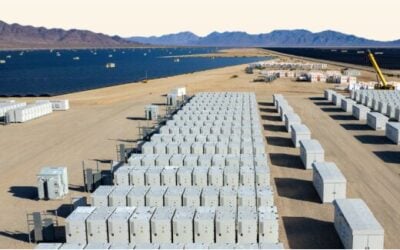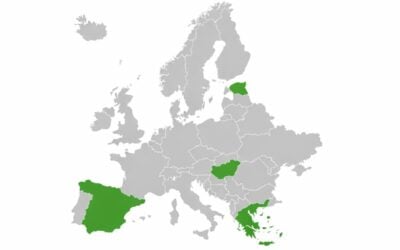
The US state of Massachusetts has issued an emergency regulation to its Solar Massachusetts Renewable Target (SMART) programme, that includes doubling the PV capacity it seeks to help deploy as well as mandating the addition of energy storage on projects over 500kW.
In a move that national trade body Solar Energy Industries Association (SEIA) said will “help stabilise the solar industry” during the difficult period of the COVID-19 crisis, Massachusetts Governor Charlie Baker and other policy makers announced on 14 April a set of revisions to the existing programme. SMART will now support 3,200MW of new solar generating capacity, instead of 1,600MW, the revised document reads.
Under the SMART programme, solar power system owners in the Commonwealth of Massachusetts receive fixed rate payments for the solar energy they produce based on the kilowatt-hours of power produced. Those agreements last 10 years and vary based on system size, with owners of smaller systems receiving a little more than double what larger systems get, per kilowatt-hour.
Under the SMART programme, an extra ‘energy storage adder’ incentive can be triggered if solar projects – described as Solar Tariff Generation Units for the purposes of the scheme – are co-located with an energy storage system that has a nominal rated power capacity of more than 25% of the solar system. Perhaps most striking of the other revisions is the requirement that Solar Tariff Generation Units >500kW that apply for the SMART incentives now have to be co-located with an energy storage system.
Try Premium for just $1
- Full premium access for the first month at only $1
- Converts to an annual rate after 30 days unless cancelled
- Cancel anytime during the trial period
Premium Benefits
- Expert industry analysis and interviews
- Digital access to PV Tech Power journal
- Exclusive event discounts
Or get the full Premium subscription right away
Or continue reading this article for free
To read the full version of this story visit PV Tech.





